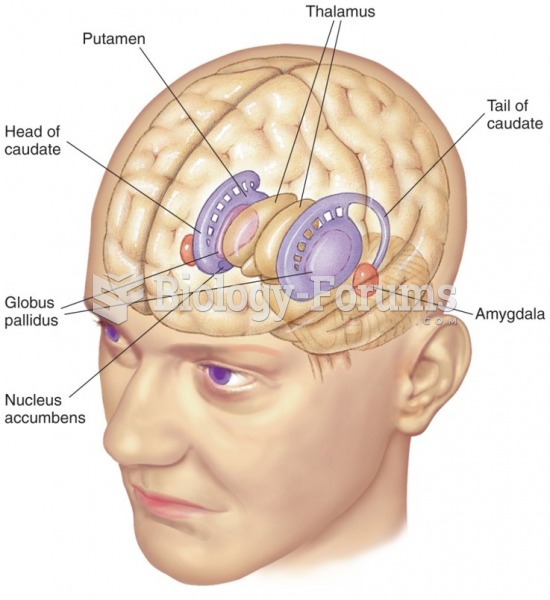|
|
|
Did you know?
When blood is deoxygenated and flowing back to the heart through the veins, it is dark reddish-blue in color. Blood in the arteries that is oxygenated and flowing out to the body is bright red. Whereas arterial blood comes out in spurts, venous blood flows.
Did you know?
Blood is approximately twice as thick as water because of the cells and other components found in it.
Did you know?
Approximately 25% of all reported medication errors result from some kind of name confusion.
Did you know?
More than 4.4billion prescriptions were dispensed within the United States in 2016.
Did you know?
Although puberty usually occurs in the early teenage years, the world's youngest parents were two Chinese children who had their first baby when they were 8 and 9 years of age.







